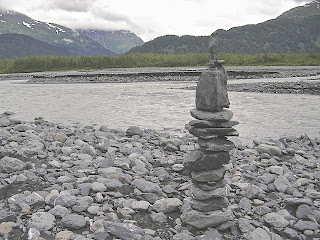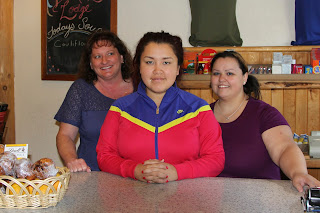Mickey Mantle played center field for the New York Yankees: he was awesome. Fast as a deer, a switch hitter, he was a league leader in both home runs and batting average. His reputation off the field was just as prolific except it went to alcohol and fast women. He was the golden boy of New York. From 1951 through 1968, the Mick was the face of the franchise. He lived the philosophy, Live Fast, Love Hard & Die Young. Both his father and grandfather had died in their early 40’s and Mick believed that he would follow their fate. But he didn’t die young, he suffered the aftermath of old, sports injuries and lingering alcoholism well into his 60’s. After two failed liver transplants, there were no more options. His last public thoughts were shared with a reporter shortly before he passed in 1995. He said, “If I knew I’d live this long I’d have taken better care of myself.”
I saw Mickey play once in 1951 when the Yankee’s send him down to their Triple A farm team, the Kansas City Blues. He needed more seasoning with the bat and making the move from shortstop to the outfield. The company my dad worked for had a promotion night at the ball park and there were several hundred of us; sat in the upper deck on the first base side. When Kansas City players came up out of the dugout I could look straight down on them, see the cleats on their shoes and the trademark on their bats. I thought I was in heaven.
My mom and I listened to almost every Blues game on the radio. I think it was her passion for the game that rubbed off on me. I was a K.C. Blues fan from the start but the chance to see Mantle play made it even more special. For weeks, the radio announcer pleaded, “. . . if you want a chance to see history in the making, get on down here to the ball park and see Mickey Mantle play. It won’t be long, he’ll be back hitting homers with the Yankees and we’ll not see him back here again.” The next week, he was called back up to New York. I got to see him play. He went 2 for 4 with a single and a double; scored both times he was on base. He was 20 years old, I was 12.
“If I knew I’d live this long, I’d have taken better care of myself.” I think all of us, had we known what lay ahead might have changed a thing or two. That was a key theme in the 1985 movie trilogy, Back To The Future. They couldn’t do anything different that would interrupt the time-space continuum (change history.) The smallest, most insignificant change might chain react and send history off in an unpredictable, maybe disastrous direction. If Mickey had taken better care of himself, he might have only been great rather than legendary. Who knows how that would have played out? It might have spilled over into other stories and other lives. In a stretch of imagination, it might have even given me a subtle push in one direction or another which could have sent me down another path.
Sometimes I have nothing better to do than ruminate on my laissez faire (let them be - leave it alone) life style. Had I worked harder, smarter, I might have been a great success. Success after all is about ambition and the realization of goals. It is a destination and you know when you have arrived. Happiness on the other hand, I believe, is about discovery, one after another, like links in a chain. It can stretch out across a life-journey or repeat itself in little circles, in simple ways, with no other value than the glow of the moment. My hopes and dreams have all been small and shortsighted. I'll have a New Day resolution for January 1, but I'll have another one for the 2nd. like every other day. I have a friend, a consultant to CEO's and Board Directors; he tells them they have to rediscover the joy that brought them here if they want to overcome adversity. Big corporations and little individuals as well; whether it's a ten year plan or getting through the day, stacking stones or skipping them out across the water, rediscover the joy that brought you here.
I love quotes; I save them. Garrison Keillor, popular radio personality said, “I was always afraid that I would have an ordinary life and I wanted my life to be extraordinary. But that’s what we get, all of us, an ordinary life: and that’s good enough.” With regard to Mickey: If I'd have known that I would be this happy, I might not have worked at all.






















